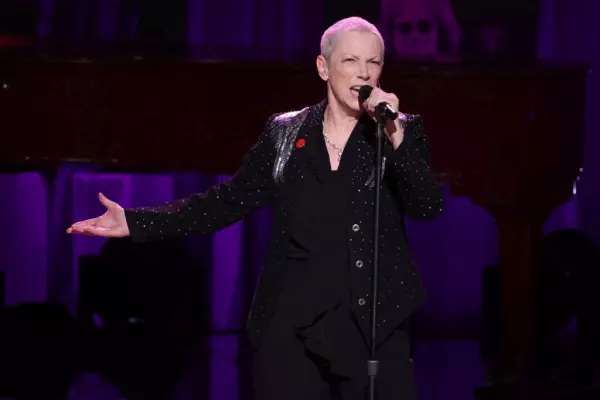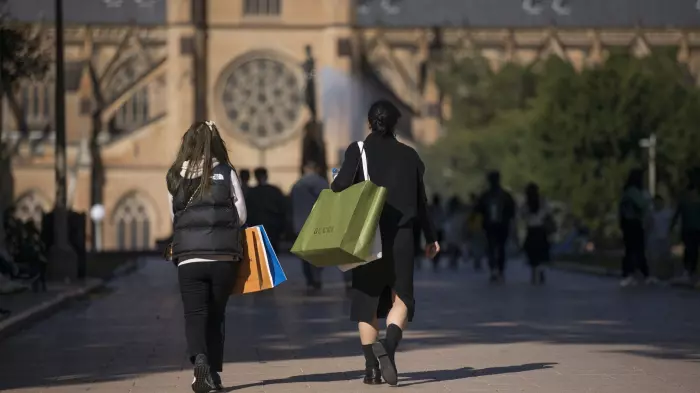Small company shows how the power of digital can transform lives.
The late Nelson Mandela said it best: “Education is the most powerful weapon you can use to change the world”.
Tell Lesieli Oliver that and watch her nod enthusiastically. The Founder and Chief Visionary Officer of Lālanga, an Auckland-based business supporting teachers, principals and parents to improve Māori and Pasifika student attendance, engagement and participation, has long believed in the transformative power of education.
She now also believes in the transformative power of digital outreach after partnering with Yellow to make Lālanga more effective when it comes to turning around the educational fortunes of thousands of Māori and Pasifika kids who are struggling with school: “When I first came to Yellow, I was met with such passion and enthusiasm for our mission and we built a really beautiful genuine partnership.
“It’s through education that we improve our wellbeing and success in life,” says the mother of four children.
Oliver knows what she’s talking about: she and her sister, TVNZ journalist Indira Stewart, moved to Auckland from Tonga when Oliver was four. “My parents had left school at 14 and, although they never found their place in education, they understood how important it was to break the poverty cycle.”
She completed a politics degree but had “a desire to make lives better.” Her opportunity arose in 2020 when she noticed truancy statistics that indicated around 60,000+ students, many of them Māori & Pasifika, miss at least three days of school a fortnight. Around the same time, Oliver saw a message from the Ministry of Education, looking for innovative ideas to engage with educators to grow student attendance and success.
Her research showed the need for a mentoring programme aimed at Māori and Pasifika students. She called the company Lālanga, a Tongan word which refers to weaving. “I had my success because of mentors, teachers and role models so Lālanga was based on weaving together different community strands to support others’ success.”
Lālanga was launched in late 2020 with the aim of reaching 60 students in one decile 1 school and, by November last year, that number hovered around the 3500 student mark, across 15 decile 1 schools in Auckland. Then a primary school principal told Oliver how much teachers had burned out during two years of lockdowns and had no time to prepare lessons.
“I said, how about we develop resources for teachers, from videos and discussion questions to daily activities and workbooks? I imagined a weekly surprise box that aligned with the New Zealand curriculum, a resource that could help improve attendance, engagement, achievement, wellbeing, positive learning behaviour and connections between students, families and teachers.”
It took a chance meeting to make that happen. “The Yellow story is a miracle story in itself,” says Oliver of her introduction to Yellow CEO Tracey Taylor.
“I was at an event where Tracey was speaking and she came over and introduced herself and asked how she could help. I told her about the Lālanga ToolBox, which was just an idea in my head at that point. I really needed help knowing where to start.”
“Yellow said, ‘how can we help you drive kids’ success’? They put our purpose first, championed our work and have become not only supporters but friends.”
The first step was to develop a clear brand strategy and identity, as well as re-working the Lālanga website and back-end processes to increase traffic to the website. “I’d spent thousands on the website but it didn’t reflect who we are; no-one visited it. After Yellow worked their magic, we got 150 visits a day.”
Kelly Duncan, Chief of Brand & Partnerships for Yellow, says Lālanga is a perfect example of a company getting digital equity right, allowing all sectors of the community have the technology resources to play a full and satisfying part in society. It is also, she says, a perfect example of a small-to-medium enterprise gearing up digitally to improve performance.
Yellow’s recent national survey (New Zealand’s Small Business Nation 2023) revealed the digital gap in the small business community had closed by only one per cent since 2021 – in spite of perceptions suggesting otherwise. However, the tourism, accommodation and hospitality industries had capitalised on times of forced closing – turning to digital infrastructure available during 2021-2023, making them the most online industry in Aotearoa.
However, almost a third (33 per cent) of all New Zealand SMEs (small-to-medium enterprises) have no online presence at all – and Taylor says initiatives like Lālanga’s ToolBox demonstrate not only digital equity but the power of digital dexterity.
The Lālanga ToolBox was piloted late last year at Manurewa South Primary School with 400 students. Results, says Oliver, have been astounding: “Around 93 per cent of teachers report that it’s improved their connection with students, 80 per cent their of teachers have noticed positive changes in student confidence and learning behaviour, and 90 per cent have seen an improvement in student attendance. A lot of these kids have dysfunction in their daily lives, so they need excitement and something to look forward to. The Lālanga ToolBox gives them that.”
Oliver and her team of seven are now rolling the Lālanga ToolBox out across five schools; by 2025 she hopes that number will be closer to 100 schools around the country.
Future plans include Lālanga ToolBox in a number of different Pacific languages, a family ToolBox to enable parents to build the confidence, skills and knowledge to be able to support their children, and a digital ToolBox which Lālanga is currently working on with Yellow.
“Yellow will always be my go-to people, especially when it comes to enabling digital equity, which isn’t just about giving Māori and Pasifika kids access to devices,” she says, “but also the skills to grow their capability, knowledge and experience so that they can fully participate in their futures.”
For more information on the report click here.






